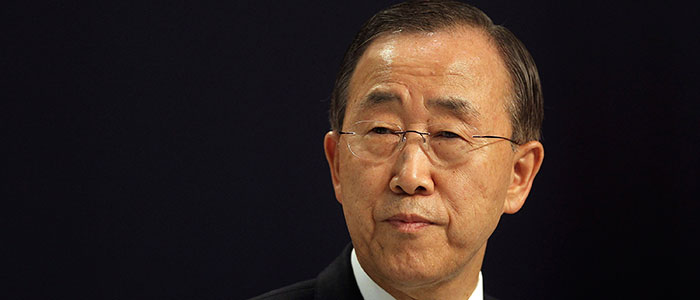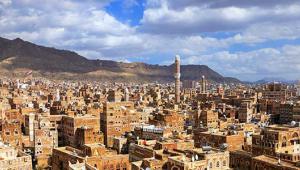Web_BanKiMoon_iStock_000016840187_Large.jpg

UN secretary-general Ban Ki-Moon
Speaking in Dubai yesterday, at the launch of a report he commissioned last May, Ban welcomed the solutions presented in the report to closing the estimated $15bn shortfall in aid. These focus on shrinking the needs, growing the resource base and improving efficiency.
“Globally, the world is shattering records we would never wish to break,” said Ban. “We are seeing all-time-high numbers for the amounts of money requested through humanitarian appeals, the amounts raised from generous donors, and the scale of the global humanitarian funding gap.
“We are living in the age of the mega-crises. But as this report clearly demonstrates, the gap in funding is a solvable problem.”
Since being commissioned by Ban, a nine-strong, high-level panel have been conducting interviews with all parts of the humanitarian system, including people affected by ongoing crises.
“Our starting point was the stark facts and figures: 125 million people in need; a record $25bn a year going to aid them; but in spite of that, the needs continuing to outpace resources,” explained the panel’s co-chairs Sultan Nazrin Shah of Malaysia and Kristalina Georgieva, vice president of the European Commission.
“A gap of $15bn is a lot of money, but in a world producing $78trn of GDP it should not be out of reach to find,” they added. “Closing the gap would mean nobody having to die or live without dignity for lack of money and a victory for humanity at a time when one is greatly needed.”
The panel identified three-pronged approach to addressing the funding gap which focuses on three interdependent aspects of the humanitarian challenge.
The first speaks to shrinking needs by addressing their root causes, which the report said will require a high level of global political leadership to prevent and resolve conflicts and to increase investment in disaster risk reduction.
The report said that “development is the best resilience-builder of all” and therefore the world’s official aid budgets – known as Official Development Assistance – should be directed towards fragile states.
In addition, it said there needs to be systematic investment in resilience building, including dedicated funds for peace building and conflict resolution at an international level. Countries at risk of natural disasters should also have emergency reserve funds and dedicated disaster risk reduction budget lines.
Countries hosting refugees should integrate displacement into their development plans, and the eligibility criteria for the International Development Association – the World Bank Fund offering concessional loans and grants to the poorest countries – should be reclassified to give middle income countries where people are in need access, the report said.
It added that during the next replenishment of the IDA its shareholders should vote to increase the current level of funding to its emergency response arm by at least threefold.
There “must also be an end to the short-termism of annual – and retrospective – fundraising by bridging the humanitarian-development divide”, it said.
The resource base also needs to be broadened. According to the report there is an over-reliance on a small group of ODA donors, and it urged those with greater wealth to take greater responsibility.
The humanitarian community should also harness the power of the private sector and partner with companies and the media to reduce costs, improve the coherence of the humanitarian response and find solutions to problems like risk management.
Innovative financing instruments, Islamic social finance in particular, also have huge potential, it said.
Finally the report recommended finding savings by improving efficiency. “The panel concurs with a widely shared view among stakeholders that systemic change in humanitarian aid delivery is needed in order to raise money and use it more effectively,” it said.
This entails being more flexible, transparent and cost-conscious, it said, concluding that more cash-based assistance where appropriate, more multi-year funding and less earmarking would all be beneficial.













